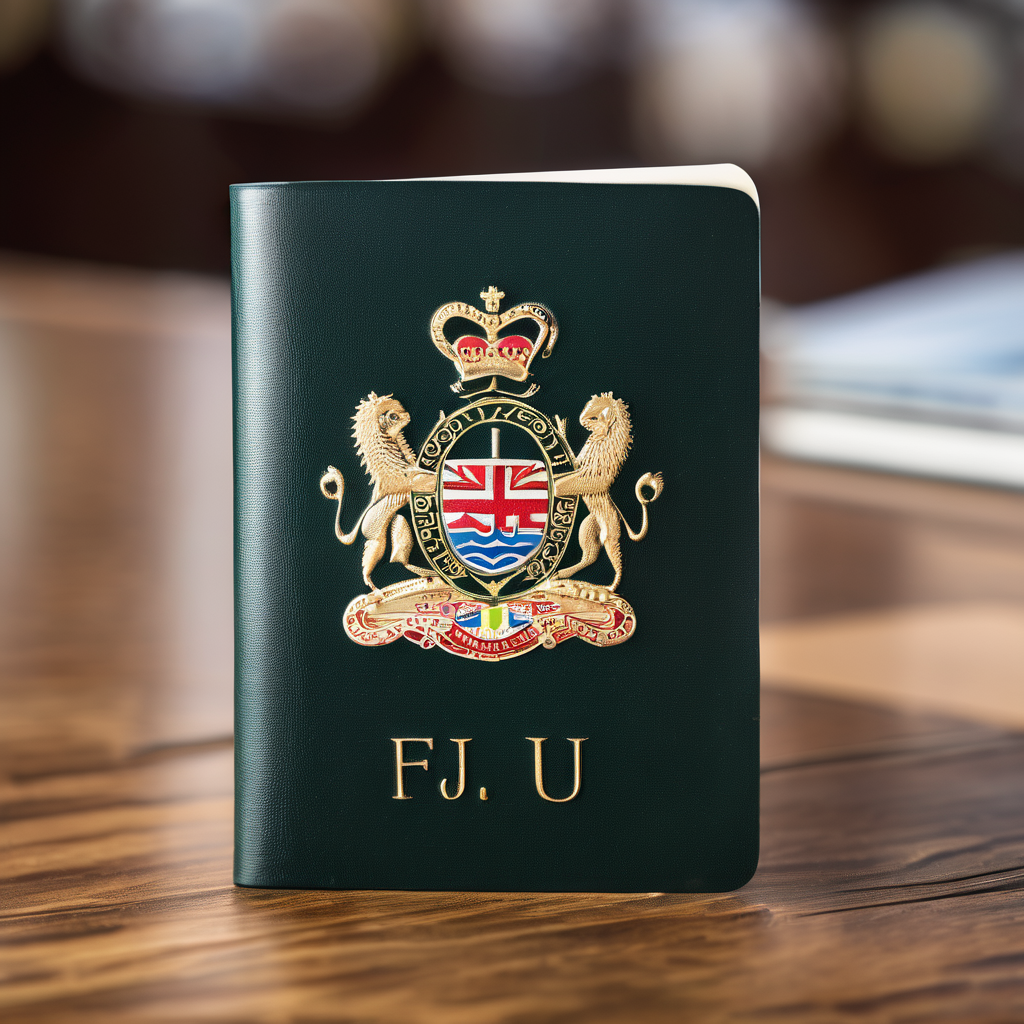Prime Minister Sitiveni Rabuka recently addressed concerns regarding the lack of female representation in Fiji’s diplomatic service, revealing that no women applied for ambassadorial positions following an open recruitment process. This announcement came in response to discussions with the Great Council of Chiefs (GCC), which emphasized the importance of achieving gender balance in national roles.
Mr. Rabuka acknowledged that “applications are open to everyone,” highlighting that the absence of female candidates reflects broader societal issues concerning women’s participation in leadership roles. The GCC reiterated the significance of including more women in diplomatic positions, aligning this with Fiji’s commitment to gender equality as outlined in international agreements such as the United Nations Convention on the Elimination of All Forms of Discrimination Against Women (CEDAW). Their statement underscored the belief that women’s leadership brings essential perspectives, strengthening Fiji’s collective voice on the global stage.
In promoting women’s representation, the Prime Minister’s remarks echo previous discussions about the considerable gender disparity in Fiji’s political landscape. The need for women to be actively considered for leadership roles remains pressing, particularly as women’s political representation has seen a decline over recent years. Following the 2022 elections, women made up only 14% of parliamentarians, a notable drop from 20% in 2018. This trend raised significant concerns about the systemic barriers impeding women’s political participation and the support they garner from their peers.
The GCC strongly advocates for initiatives that promote women’s advancement in leadership, both domestically and internationally. They called upon the government to ensure that equal opportunities are made available to women, reinforcing Fiji’s vision of inclusivity in governance. The ongoing emphasis on dialogue surrounding women’s empowerment, including advocacy for implementing quota systems, showcases a collective commitment among various stakeholders to enhance women’s roles in shaping national policies and governance.
As Fiji moves forward, there is a hopeful outlook for increased female participation within the political sphere. The commitment to removing barriers and fostering an encouraging environment for women leaders bodes well for the country’s future, suggesting a more inclusive governance structure that accurately reflects Fiji’s diverse population and values. Collaboration among civil society, government officials, and communities is vital to ensure that women’s potential is recognized and harnessed, ultimately paving the way for transformative change in Fiji’s political landscape.
